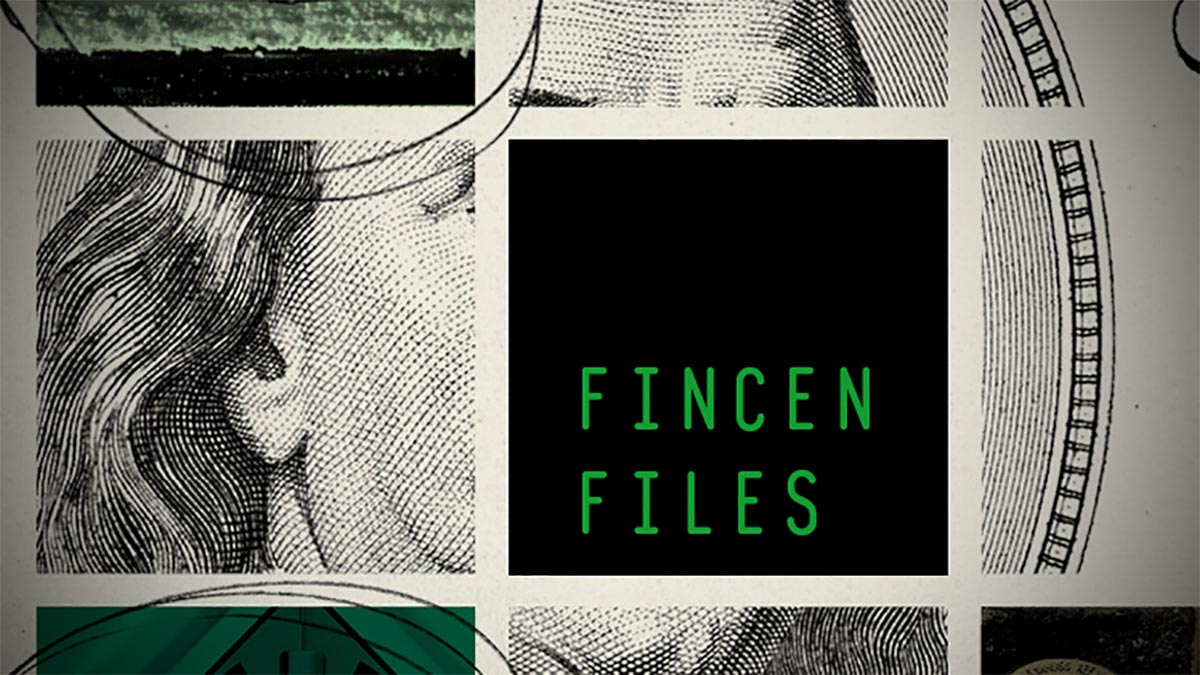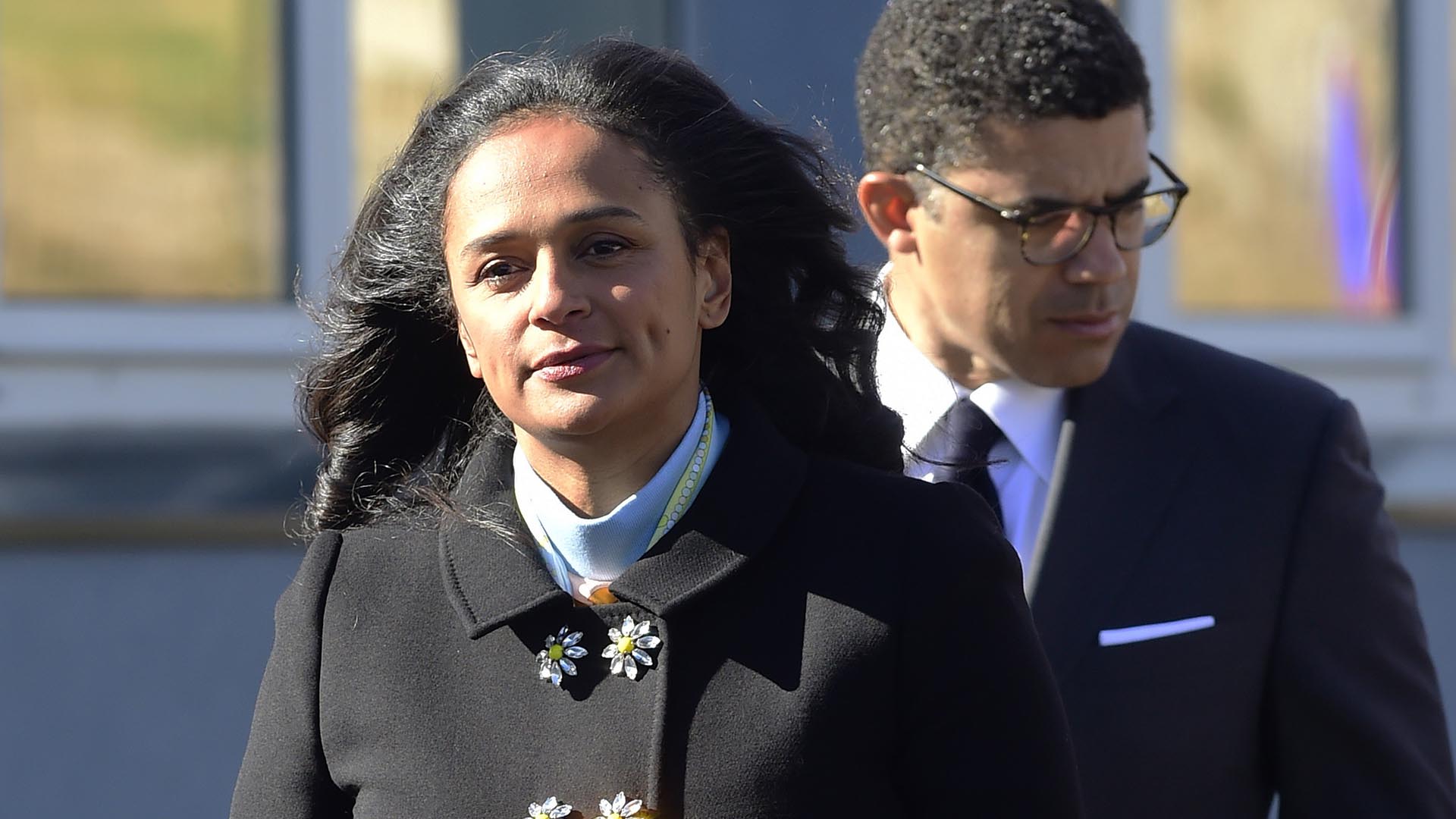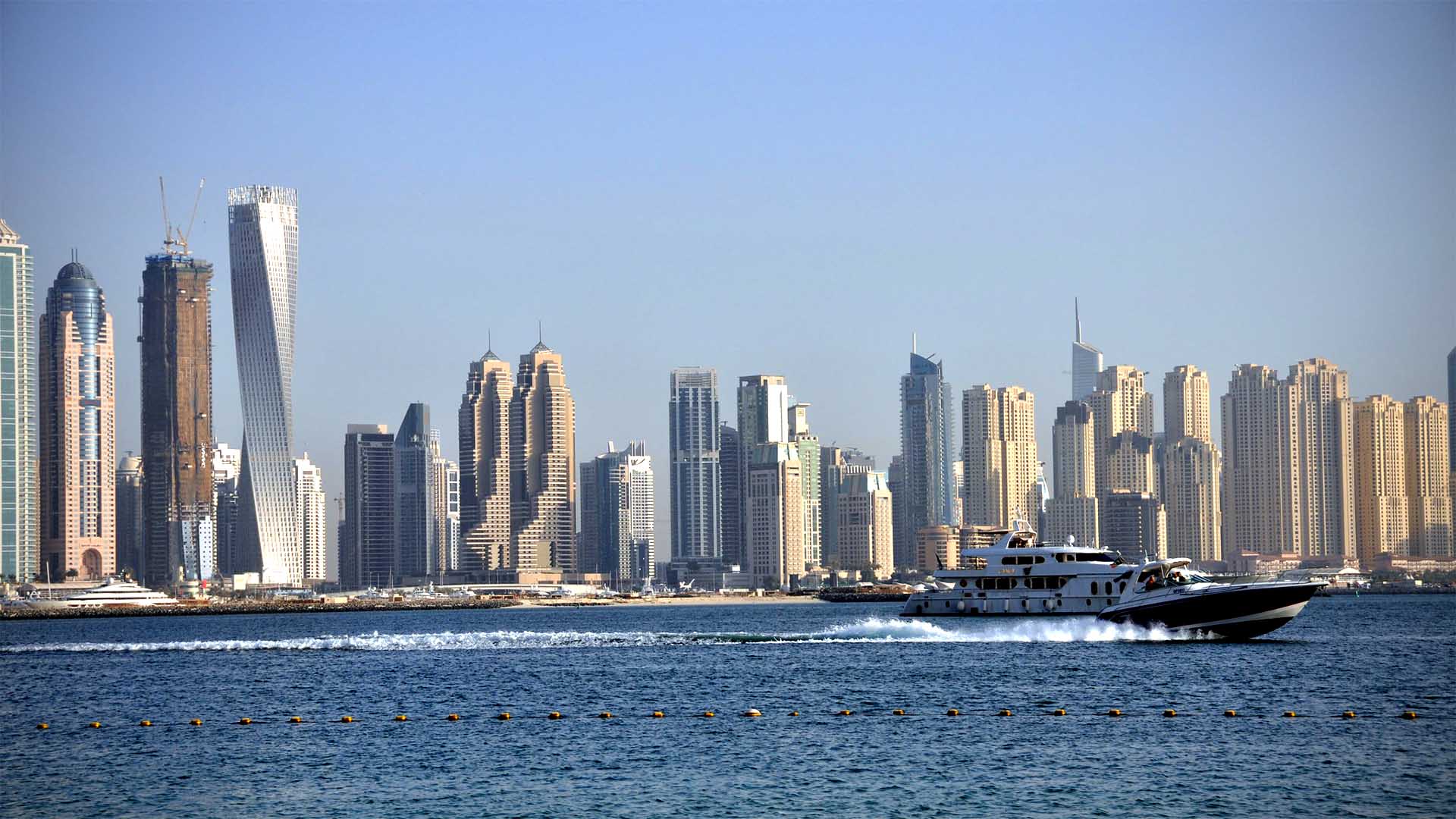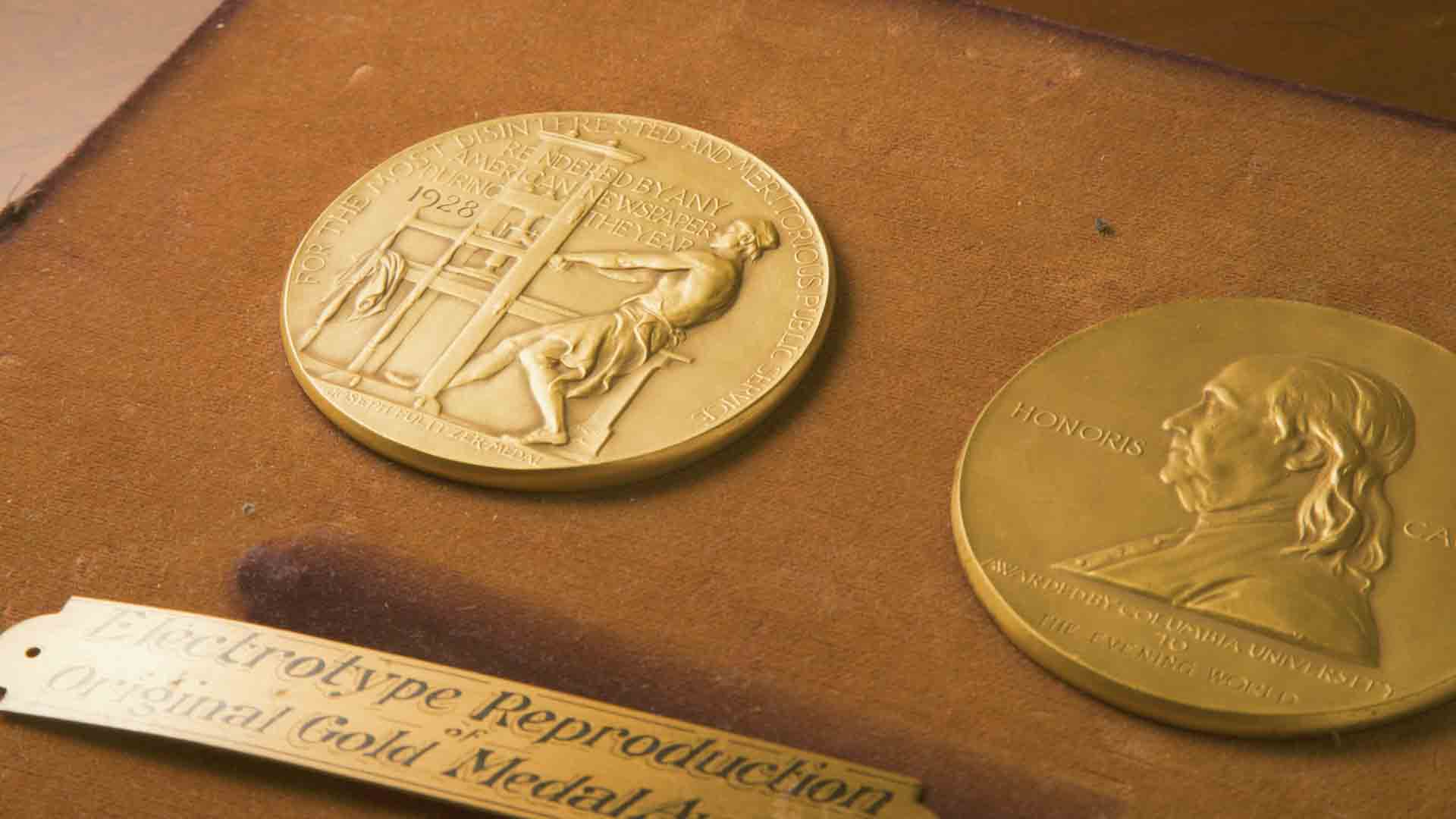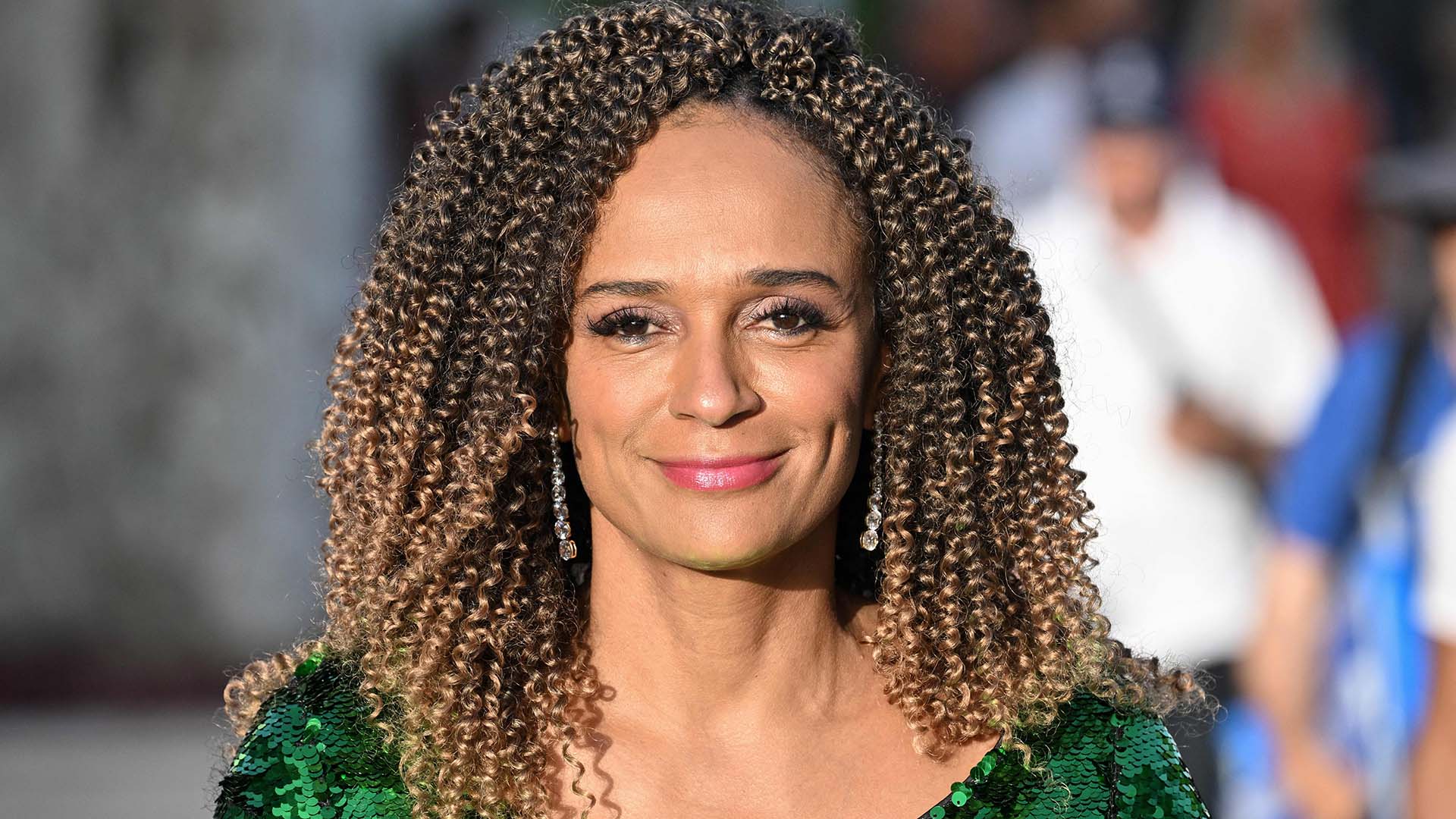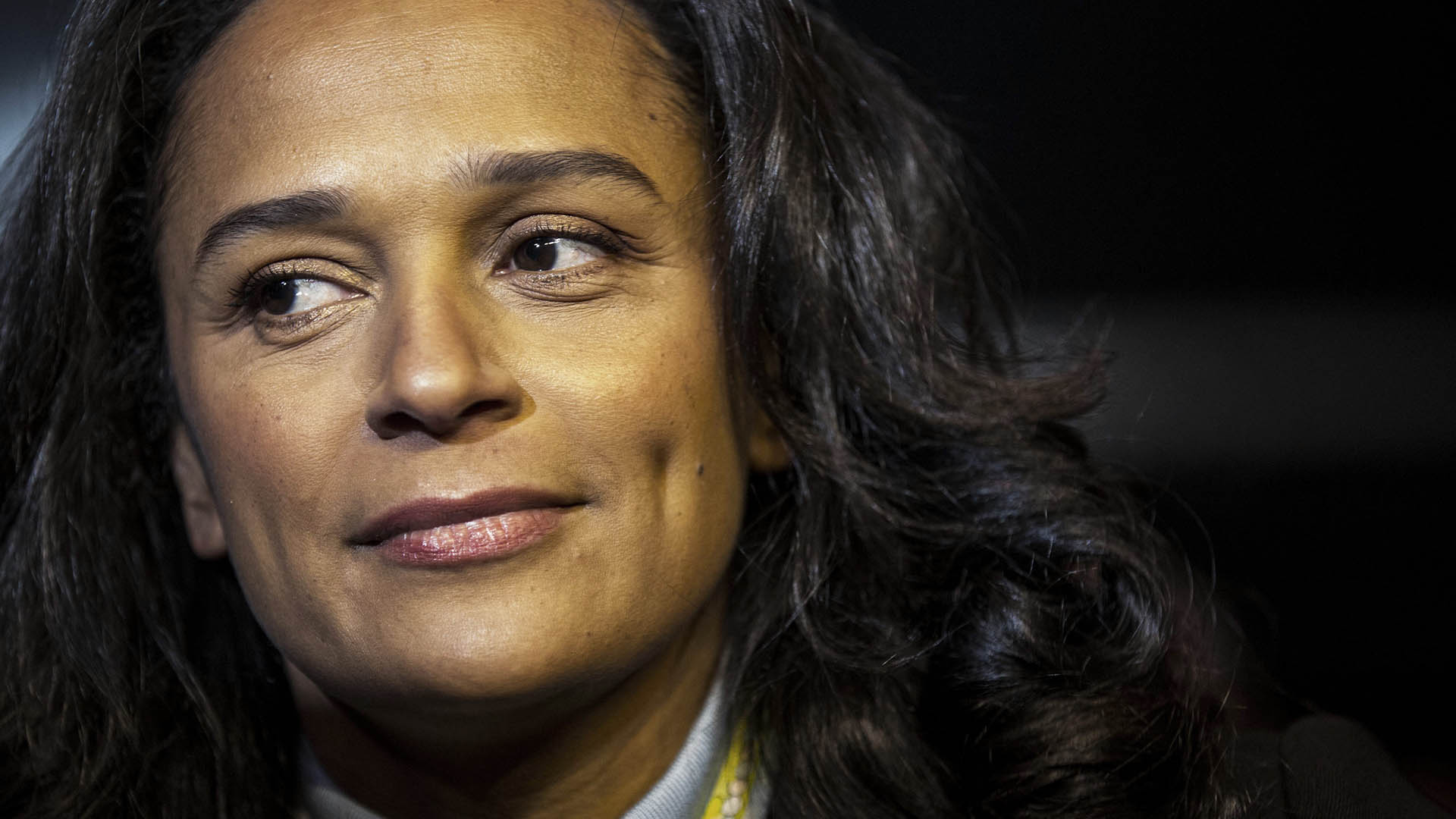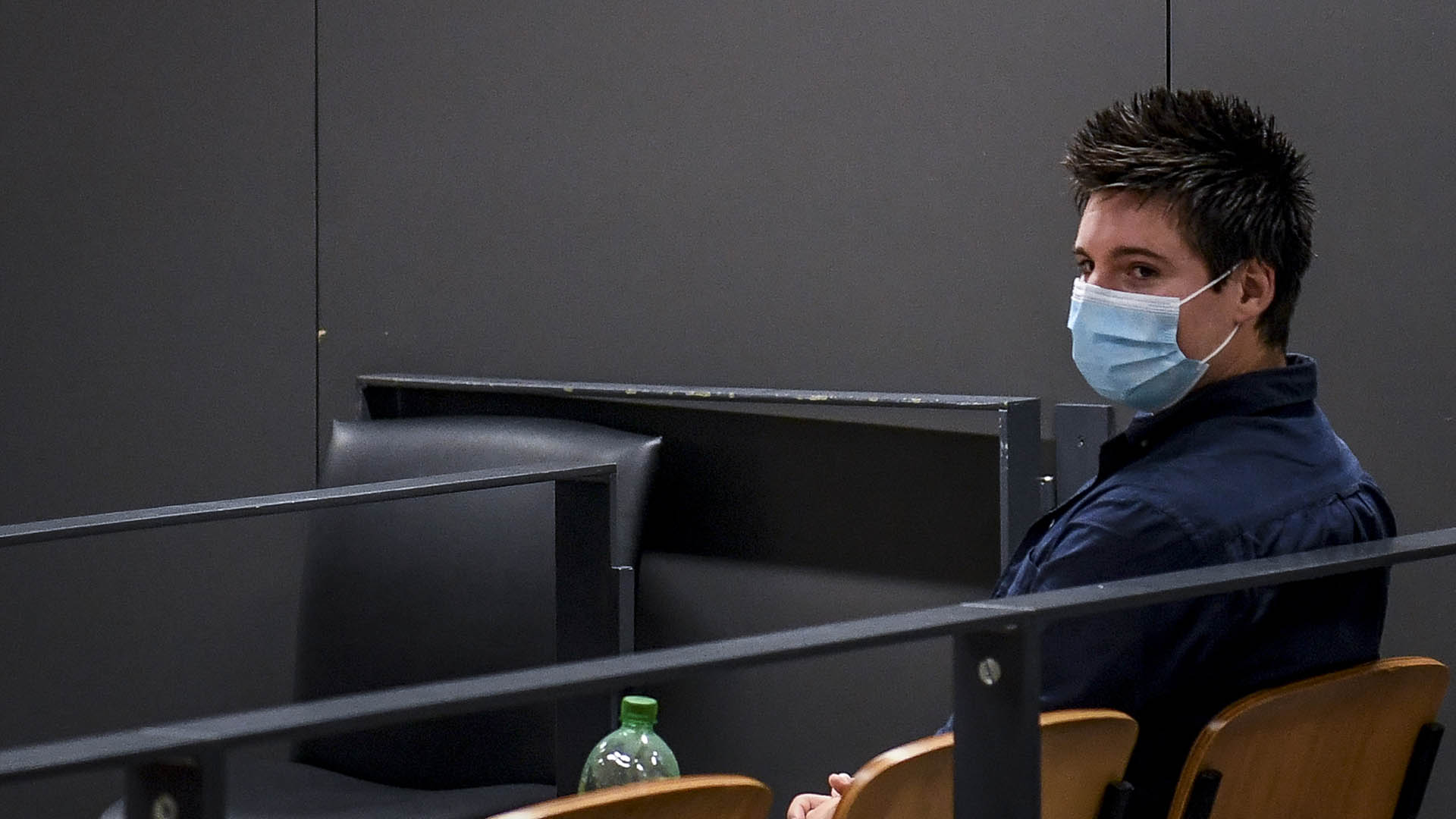The International Consortium of Investigative Journalists and its partners were recently recognized by the TRACE Foundation, with the FinCEN Files winning the TRACE Prize for Investigative Reporting and Luanda Leaks receiving an honorable mention.
Both investigations have now been honored multiple times, including by the prestigious Pulitzer Awards which named the FinCEN Files investigation as a finalist in the international reporting category.
As part of the TRACE Foundation prize, winners are surveyed by the Global Reporting Centre for reflections on their investigations. This post is republished with kind permission from the Global Reporting Centre.
The FinCEN Files
Michael Hudson
What were the major findings of your story?
The FinCEN Files investigation exposed how global banks move staggering sums of dirty money — and how laws intended to stop money laundering have instead allowed it to flourish.
What impact did your story have?
The project sparked a push for reforms around the world. More info here.
Did you receive any funding to do this story?
No.
How did the story start and how did your team decide on the first steps to take in working on this story?
The project began when BuzzFeed News received a remarkable collection of highly secret suspicious activity reports that banks file with the U.S. Financial Crimes Enforcement Network (FinCEN). It was clear to us that the first task was to review these dense financial reports and extract the details of 200,000+ suspect transactions.
How long did it take to report, write and edit this story?
16 months.
What challenges did your team face while working with sources?
The project presented major tactical and legal challenges. After we provided U.S. authorities a description of our findings and requested their response, they issued a public notice declaring that exposure of suspicious activity reports constituted a national security threat and announced they’d referred the matter to the Department of Justice for investigation. After putting our work through rigorous fact checking, editorial vetting, and legal review, we moved forward and published.
What resources and tools did your team find useful? How did you organize your data and documents?
Leaked documents including suspicious activity reports. Additionally, audit reports and court documents. The suspicious activity reports’ irregularly formatted data tables required custom-built Python programs to unpack. The 3 million words in their narrative sections were too complex for machine learning, so we read every word. Then we fact-checked it all, three times over. This took 85 journalists in more than two dozen countries more than a year to complete.
What other challenges or barriers did your team face, and how did you overcome these challenges?
Coordinating among more than 400 journalists from 110 media outlets in 88 countries was a huge challenge. The team relied on ICIJ’s encrypted, virtual newsroom, which allowed reporters to communicate securely across time zones, search and swap documents and compare findings in real-time.
What advice would you give journalists working on similar investigations?
Trust the power of collaboration. Many of the most important stories are too big, too complex, and too global for a “lone wolf” reporter or a Woodward-and-Bernstein-esque investigative duo to tackle. It takes teamwork and trust among a large team of journalists to do these kinds of stories with power and impact.
Did your team face any pushback during or after the publication of this story? If so, how did you address this?
U.S. authorities made public statements that seemed to suggest it might take legal action against the news organizations involved in the project. We published despite these statements, confident that we had handled our stories responsibly and that the information we were revealing was in the public interest.
Did working on this story change your perspective as a journalist?
For many involved in the investigation, it drove home the benefits of collaboration among journalists.
Luanda Leaks
Fergus Shiel
What were the major findings of your story?
“Luanda Leaks” exposes the inner workings of a global business empire fueled by hundreds of millions of dollars in public money siphoned from one of the poorest countries in the world.
What impact did your story have?
The dos Santos empire has had most of its assets frozen and faces several civil cases.
Was your story based on another publication’s work?
It was informed by a Forbes article but based entirely on original documents and work.
Did you receive any funding to do the story?
No.
How did the story start and how did your team decide on the first steps to take in working on this story?
We began with 715,000 documents, shared with us by the Platform to Protect Whistleblowers in Africa. ICIJ journalists combed through public corporate records in different parts of the world and extracted company names and other identifying information from the leaked records. We identified more than 400 companies and subsidiaries in 41 countries linked to the dos Santoses.
How long did it take to report, write and edit this story?
Nine months.
What challenges did your team face while working with sources?
Team members spent weeks in Angola and chased leads from Lisbon to the Brazilian Amazon. We interviewed hundreds of people and pored over hundreds of pages of additional records provided by sources, including invoices from Sonangol, the Angolan state oil company. All of our work and communication is done in confidential and encrypted forums.
What resources and tools did your team find useful? How did you organize your data and documents?
ICIJ journalists combed through public corporate records in different parts of the world and extracted company names and other identifying information from the leaked records — many in Portuguese. All told, we identified more than 400 companies and subsidiaries in 41 countries linked to dos Santos or her husband, including 94 in secrecy jurisdictions like Malta and Mauritius. We pulled the documents into a tool we built called Datashare that organizes files and makes them searchable.
What other challenges or barriers did your team face while working on the story or series, and how did you overcome these challenges?
ICIJ’s model is to assemble a cross-border team of journalists from different news organizations to take on stories of global concern. Our in-house reporting, editing and data teams anchor the effort. The concept is simple; the execution is not. We solved mysteries. Hours after dos Santos was fired from her job at Sonangol, the company made a $38 million payment to a contractor. The payment, we discovered, went to a bank account in Dubai controlled by a dos Santos friend.
What advice would you give journalists working on similar investigations?
Stories of corruption in far off places are often told as if despotic governments are singularly to blame. But it takes a global village to loot a country, our investigation found.
Western accountants, bankers, lawyers, and financial advisers helped dos Santos and her husband move hundreds of millions of dollars from Angola and into offshore accounts, where it was used to buy up fancy homes and stakes in legitimate businesses around the world. Our advice? Global is local, too.
Did your team face any pushback during or after the publication of this story? If so, how did you address this?
When the stories went live, the floodgates opened. Angola’s attorney general charged dos Santos with embezzlement and money laundering. A provincial court labeled a deal to acquire the jewelry company de Grisogono that was a focus of our reporting as “fraudulent.”
In Portugal, authorities froze dos Santos’ bank accounts and seized all of her assets. In the Netherlands, a criminal investigation was launched. Yet, we faced criticism that we had somehow targeted an African “success story.”
Did working on this story change your perspective as a journalist?
It reinforced my belief that it is vital for journalists to shine a light on dark deals.
—
This post was originally published by the Global Reporting Centre. See responses from all the winners on the Global Reporting Centre website.
